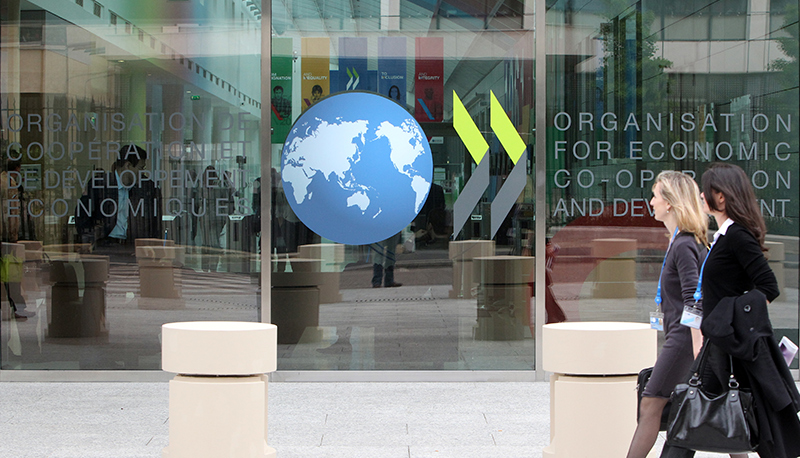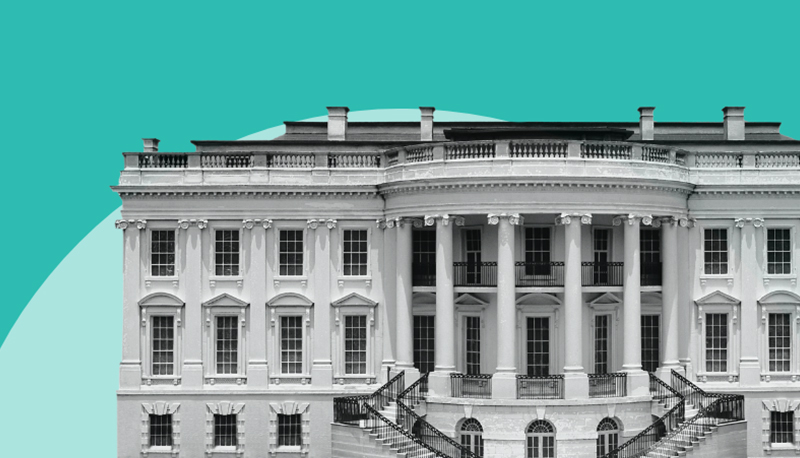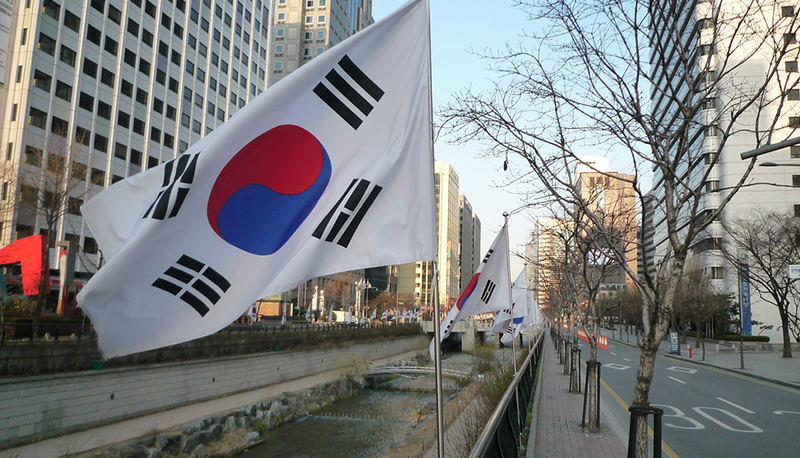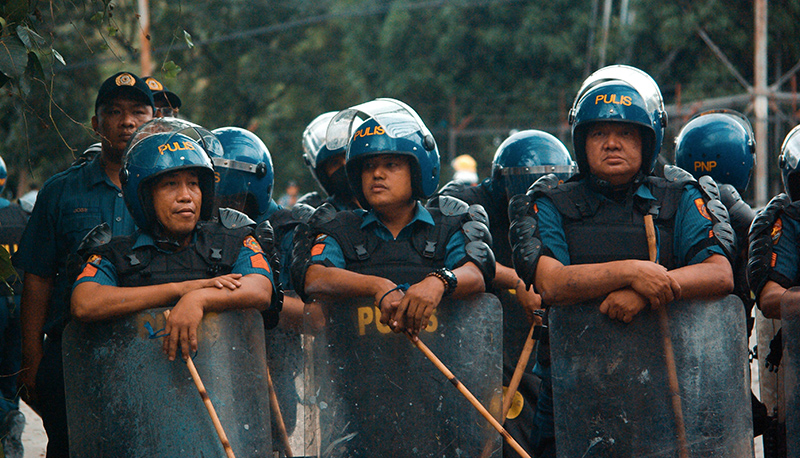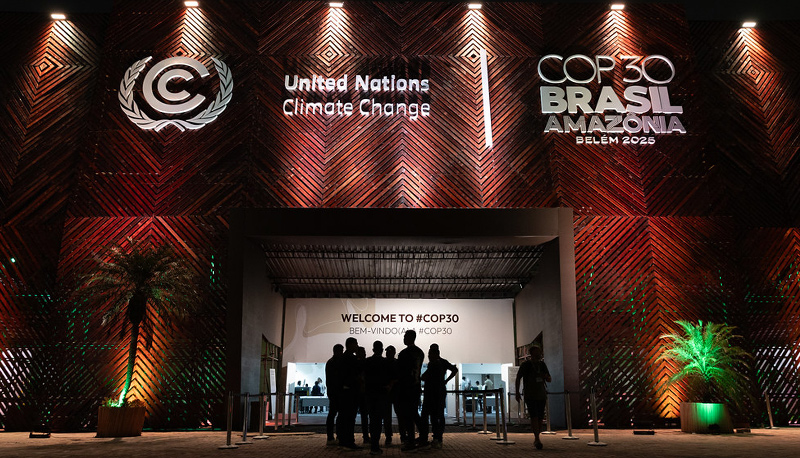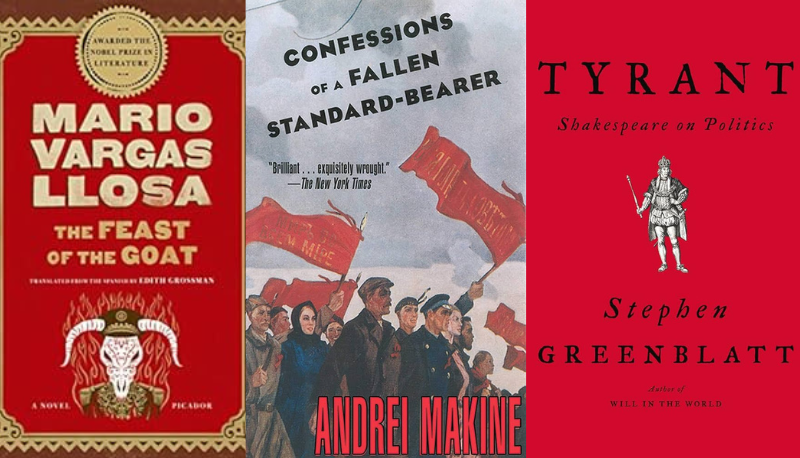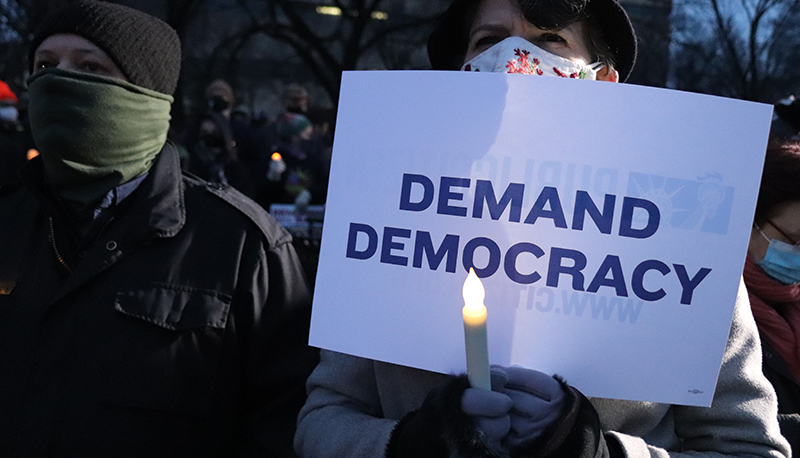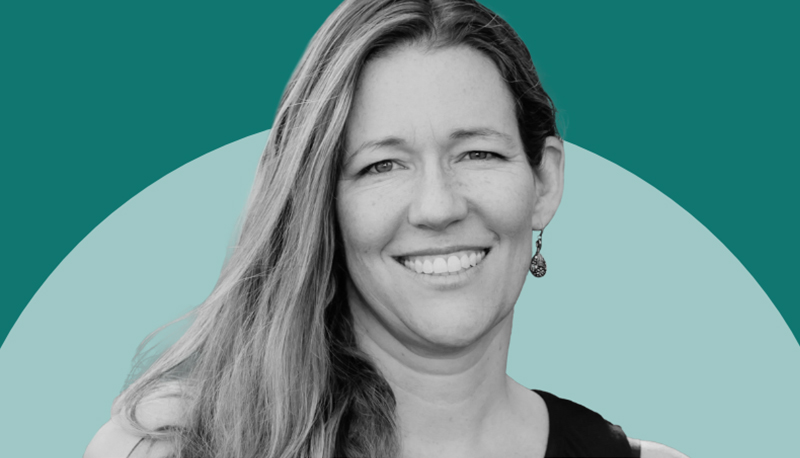Research Workshop on Climate Change, Green Backlash, and Democracy
January 30-31, 2025
La Jolla, CA
UC San Diego
*This is a closed, invitation-only event
Global climate change is the most pressing challenge of the 21st century. Democracies, with their proven commitment to international cooperation and openness to public opinion, are well-designed to tackle such a challenge. But as the disastrous effects of climate change become more pronounced, democracies are failing to respond and adapt. Some observers now openly question the ability of democracies to address the climate crisis.
The disruptions of climate change—such as forced migration, food insecurity, economic crises, and increasing inequality—have already been exploited by climate policy opponents to mobilize voters against action, delaying or repealing efforts to tackle the crisis. This potential for “green backlash” is a major issue, not only for clean energy advocates and elected officials concerned about the impact of climate change. It also poses serious challenges for the functioning of democracy itself, as green backlash has reduced satisfaction and trust in mainstream political parties. A deepening green backlash could accelerate dissatisfaction and reduce trust in government, and potentially become a breeding ground for nationalism and authoritarian right-wing populism.
While the debate on these issues is highly politicized, there is currently almost no empirical research on the link between climate change, green backlash, and democracy. The “Climate Change, Green Backlash, and Democracy,” workshop, hosted by IGCC, will aims to begin to fill that gap. Organized by Emilie Hafner-Burton and Christina Schneider, co-leaders of IGCC’s Future of Democracy initiative and professors at UC San Diego, together with Matto Mildenberger (UC Santa Barbara) and Michael Ross (UC Los Angeles), the workshop will bring together scholars from a variety of disciplines to explore the connections between climate change, green backlash, and the future of democracy.
Guiding questions of the workshop:
- Under which conditions can climate change and climate policies trigger a green backlash? What are the factors that may have increased the likelihood of green backlash at the local, national, and global level? What actors are driving the green backlash? What are the consequences of the green backlash for climate policies, voting behavior, and climate outcomes?
- What are the consequences of climate change disruptions and green backlash for democracy? How do climate-induced disruptions (including migration, food insecurity, economic crises, and increased inequality) and green backlash affect the quality of democracy? What explains resilience to these challenges?
If you are interested in learning more about the workshop, please contact Marie Thiveos Stewart at mthiveos@ucsd.edu
Please note that this workshop is invitation-only.
Thumbnail credit: Image from European farmer’s protest; Poland, February 2024. (Wikimedia Commons)
